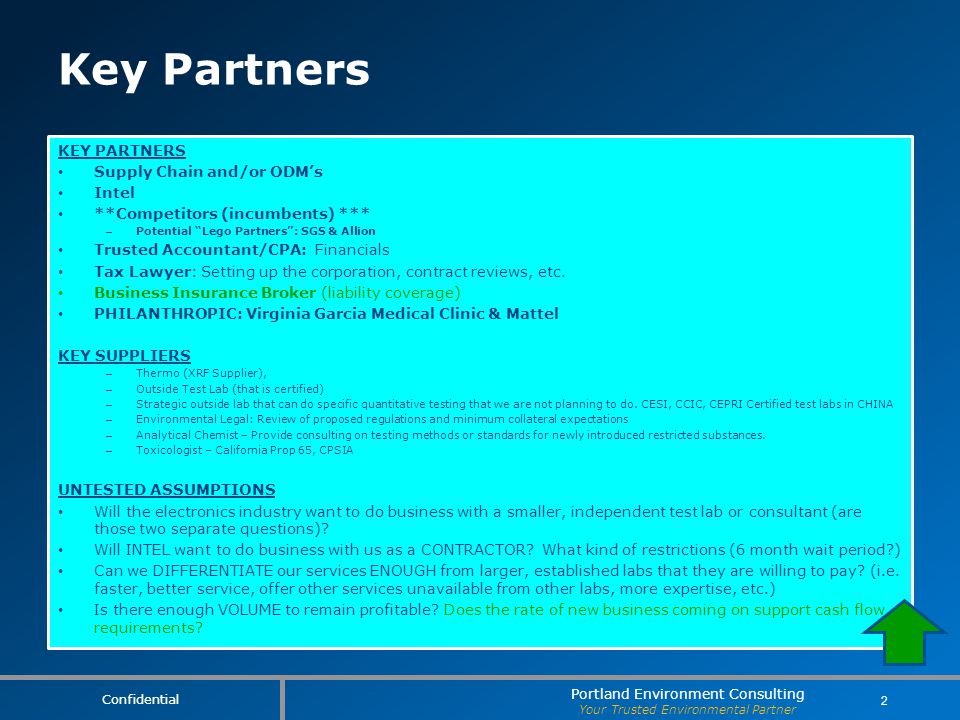
There are many factors to consider when choosing an investment advisor. You will learn about fiduciary responsibility, conflicts, hourly rates, retainer fees, and Fiduciary liability. This is why it is important to choose an investment adviser who adheres to these regulations. Your advisor must be registered with either the Securities and Exchange Commission (SEC), or the state securities agencies.
Fiduciary liability
Fiduciary duty entitles investment advisors and others to act in the client’s best interests. They must also disclose relevant facts to avoid conflicts of interests. Fiduciary breach can lead to civil and financial liability. Excessive trading, improper margin trading and false representations regarding securities are all examples of violations of fiduciary obligation.
Fiduciary duty demands that investment advisors act in client's best interest, keeping their client's interests at forefront of all decisions. This means they have to make sure that the advice they offer is in line with the client’s goals. Advisors must gather sufficient information to assess the financial situation of the customer. Fiduciaries generally decide what is in the client's best interests, then discuss it with the client.
Conflicts
Potential conflicts of interests must be disclosed by investment advisors to their clients. This disclosure must include information about the nature, management, and mitigation of conflict. It must be disclosed at time of initial recommendation as well as every time an adviser recommends an investor hold an investment. Depends on the circumstances of the relationship between adviser and client, whether or not an adviser has conflict of interest will depend on what they are doing.

Conflict of interest refers to a situation in which the financial interests of both the client and the investment advisor are not aligned. For example, an investment professional may have a financial incentive to sell a certain security. When an investor buys this security, the advisor receives a commission from the introducing broker. Advisors will therefore tend to look for investments that are likely to generate the highest commissions.
Hourly rates
Investment advisors may charge flat fees, hourly rates or other fees for their time with clients. These fees are usually disclosed up front. Before paying for any services, clients should see an invoice. Hourly rates will vary depending upon experience and the specialty of advisors. For example, more experienced advisors might charge more.
Investment advice firms are familiar with the hourly rate structure. If the service is performed only once, the hourly rate can be reasonable. You may want to consider a flat-rate or percentage fee if you need ongoing support.
Retainer fees
While commission-based financial advisors can be appealing, they are not the right choice for everyone. Such advisors are salespeople and earn commissions based on sales of their clients' financial products. These products can include mutual funds, stocks or insurance. Retainer-based advisory firms, on the contrary, do not charge commissions. They are also more transparent.
Retainer-based financial planning has the advantage of avoiding conflicts of interest. The advisor gets paid 1% to 2% of the portfolio's total value. For example, if the client has a $500,000 portfolio, the advisor would earn $5,000 to $10,000 each year. However, this type of arrangement may be overly expensive and could create a conflict of interest. A few retainer-based financial professionals also make ancillary revenue from the implementation and maintenance of clients' investment plans.

Choosing an investment advisor
Choosing an investment advisor is one of the most important financial decisions you can make. You should choose someone who is registered, accredited, has a track of success, and can offer you advice and products. You should also choose a professional who is a member of the Investment Industry Regulatory Organization of Canada (IIROC), which regulates all investment dealers in Canada and monitors compliance.
There are many different types. Your specific goals will determine which advisor is best for you. Even though past successes are not guaranteed to bring you future success, building trust with your advisor will help you build a trustworthy, honest relationship. You want someone who is open to communicating with clients and who focuses on long-term goals, rather than making decisions based on emotions.
FAQ
What is the average time it takes to become a consultant
Depending on your industry and background, the time required will vary. Most people start out with a few months before they find work.
Some consultants work for years to perfect their skills, before being hired.
What qualifications do you need to become a consultant in order to get your degree?
Studying a subject deeply and then applying your knowledge is the best way for you to become an expert.
Start studying today if you want the skills to be a great manager!
You may not be able to get hired if you don't have relevant experience but a degree. But, if your qualifications are comparable to those who have been hired, you might still be eligible to apply.
But remember, employers will always look for candidates with real-world expertise.
Can anyone be a consultant?
A consultant is someone who can help you reach your goal by providing advice on ways to make things better, more cost-effective, etc.
You may need a consultant to help you with problems, make decisions or negotiate with others.
Consultants can be hired to assist with specific tasks or projects.
Actually, most consultants get paid hourly and daily rates, rather than per-project.
Can consulting be considered a real job?
Consulting is not just an entry-level career choice for people who want to make money fast - it's also a great way to learn valuable skills and build a solid foundation that you can use throughout your work.
Consulting offers various opportunities from project management, business development, strategy, training, and leadership roles. Projects could include small start-ups or large international corporations.
Consulting provides you with the opportunity to develop and hone your skills, as well as gain experience within a range of industries. This could mean learning to manage teams, negotiate contracts, write proposals, manage budgets, analyze data, create presentations, conduct market research, and much more!
What industries employ consultants?
There are many types and styles of consultants. Many consultants specialize in a particular type of business. Others may be more focused on multiple types.
Some consultants are only available to private companies while others work with large corporations.
And some consultants work internationally, helping companies all over the world.
What jobs are available as consultants?
Consulting requires an in-depth understanding of operations and business strategy. Understanding the business world and how it fits into society is essential.
Consultant work requires excellent communication skills and the ability to think critically.
Consultants must be adaptable because they may be asked to do different tasks at different times. They must be able and willing to adapt quickly to changes in direction.
They should be able to travel extensively for clients. They may be required to travel all over the globe for this type of work.
They need to be able and able to manage pressure and stress. Consultants might sometimes have to meet tight deadlines.
Consultants are often expected to work long hours. You might not always be paid overtime.
Why would you want to hire consultants?
There are many reasons to hire consultants.
-
Your organization may have a specific project or problem that needs solving
-
You are looking to learn new skills or improve your existing skills
-
It is important to work with an expert on a subject area
-
No one else is available to take on the task.
-
You feel overwhelmed with all the information you see and don’t know where it is.
-
You can't afford to pay someone full-time
Referrals are the best way for you to find a qualified consultant. Ask your friends and family if they know of any reliable consultants. If you already know someone who works as a consultant, ask him/her for recommendations.
If you decide to use online directories like LinkedIn, use the "Search People" feature to look for consultants in your area.
Statistics
- According to IBISWorld, revenues in the consulting industry will exceed $261 billion in 2020. (nerdwallet.com)
- WHY choose me: Why your ideal client should choose you (ex: 10 years of experience and 6-week program has helped over 20 clients boost their sales by an average of 33% in 6 months). (consultingsuccess.com)
- 67% of consultants start their consulting businesses after quitting their jobs, while 33% start while they're still at their jobs. (consultingsuccess.com)
- According to statistics from the ONS, the UK has around 300,000 consultants, of which around 63,000 professionals work as management consultants. (consultancy.uk)
- "From there, I told them my rates were going up 25%, this is the new hourly rate, and every single one of them said 'done, fine.' (nerdwallet.com)
External Links
How To
What is a typical day for a consultant?
Your work type will determine the length of your day. You will be spending time researching, planning new ideas, meeting with clients, and creating reports.
You'll often have meetings with clients where you can discuss issues and solve problems. These meetings can be conducted over the phone, by email, face-to-face, or online.
Sometimes, you may be asked to create proposals. These are documents that outline your ideas and plans for clients. These proposals will be presented to clients by you and a mentor.
You will need to create content after all your planning and preparation. For example, you could be writing articles, designing websites, creating videos, editing photos, or conducting interviews.
It depends on the project's scope, you might need to do some research to collect relevant statistics. It may be necessary to know how many customers are currently using your products or services.
Once you have enough information, it is time to present your findings and conclusions to clients. You can either present your findings in writing or orally.
After your initial consultation with clients, you need to keep in touch. You can call clients to ask how they are doing or send emails asking for confirmation that your proposal was received.
Although it takes time, this process is worth it. It's also important to keep your eyes on the prize and maintain good relations with clients.